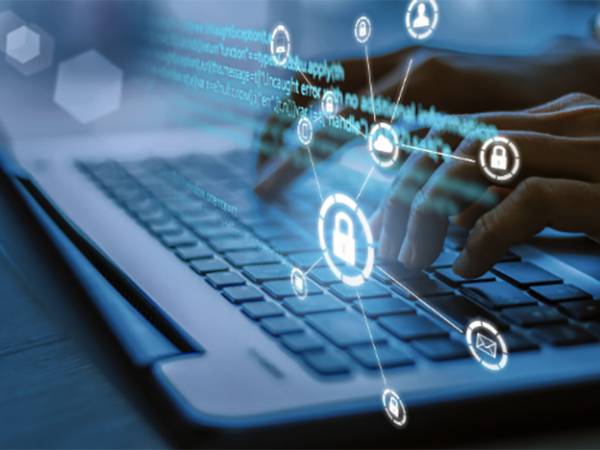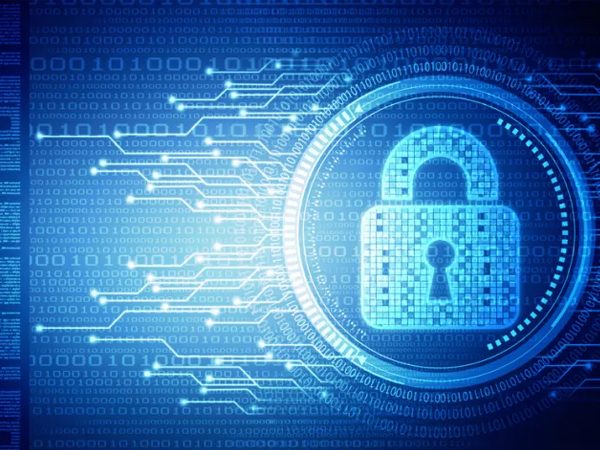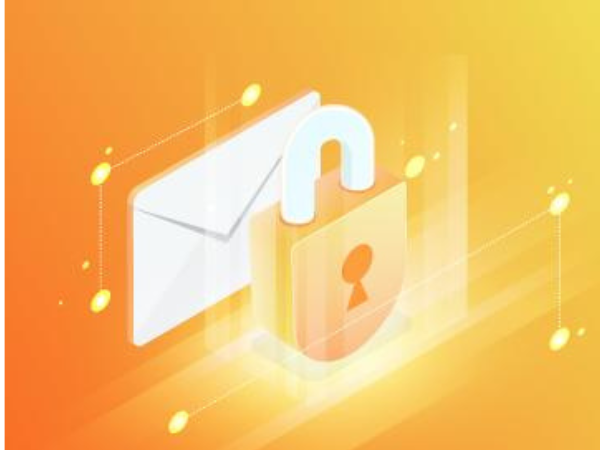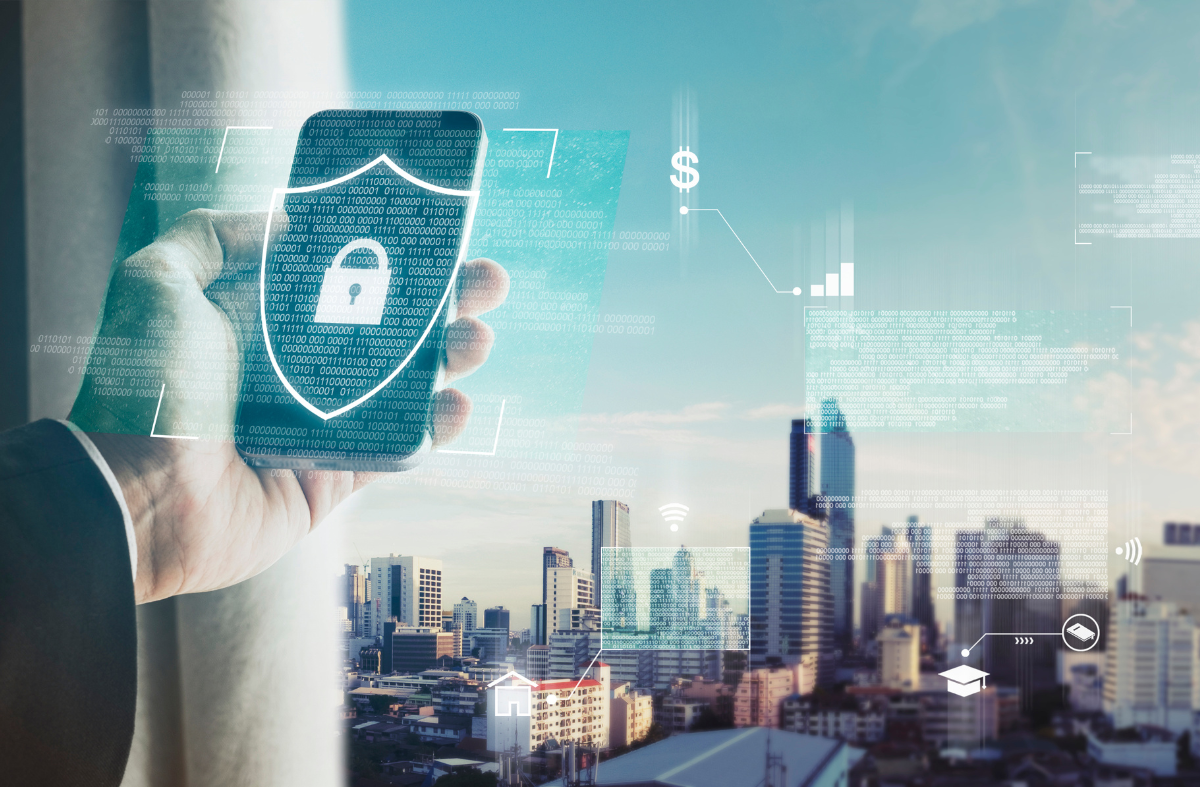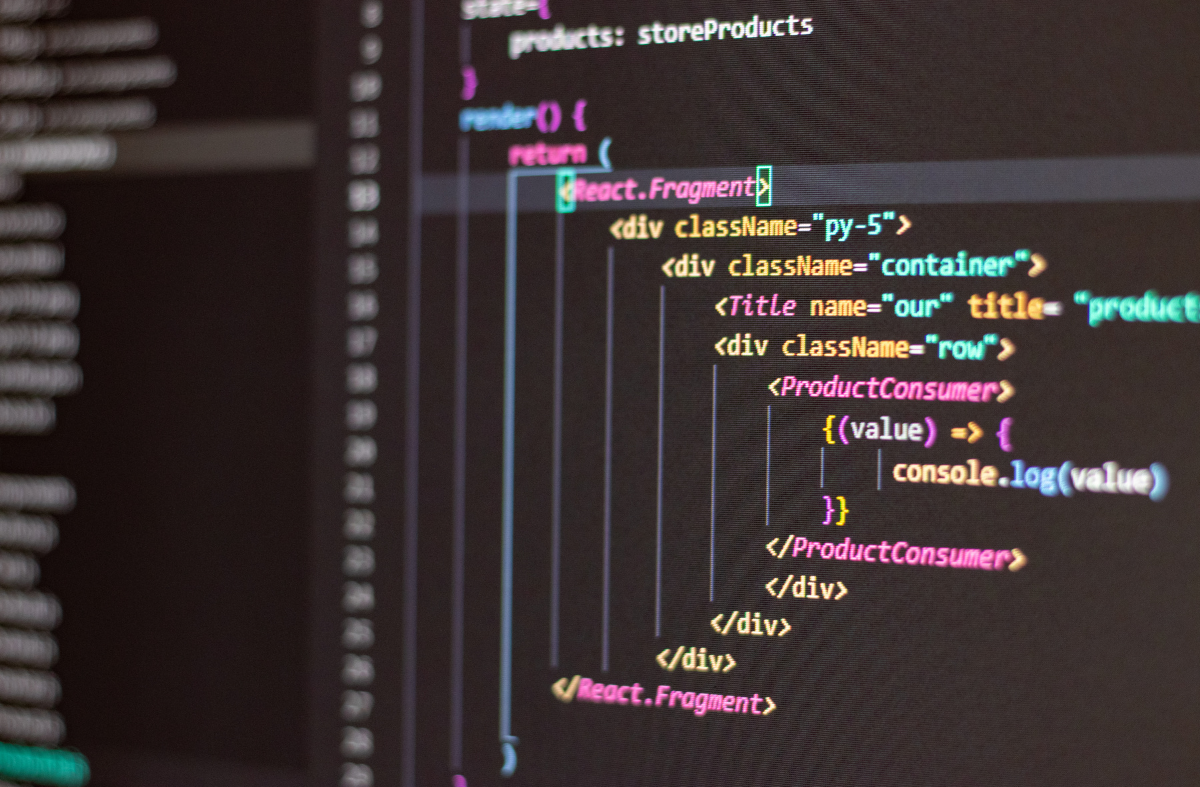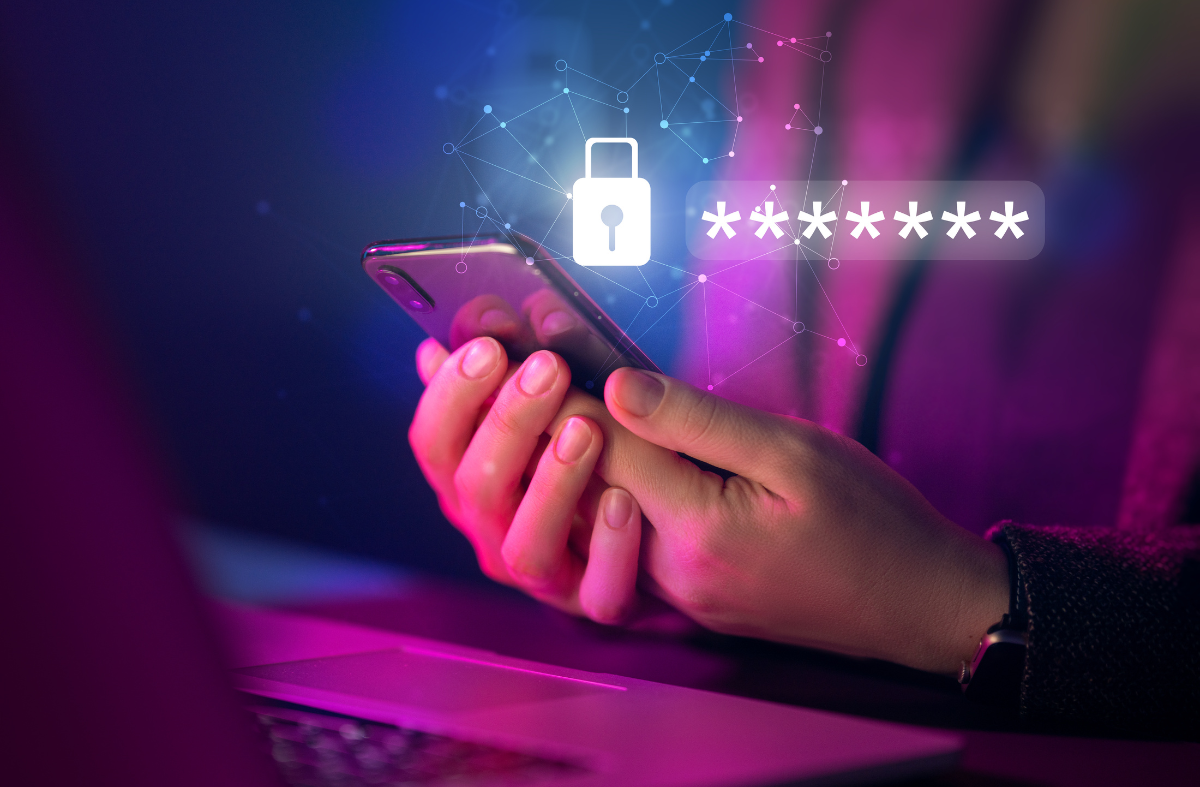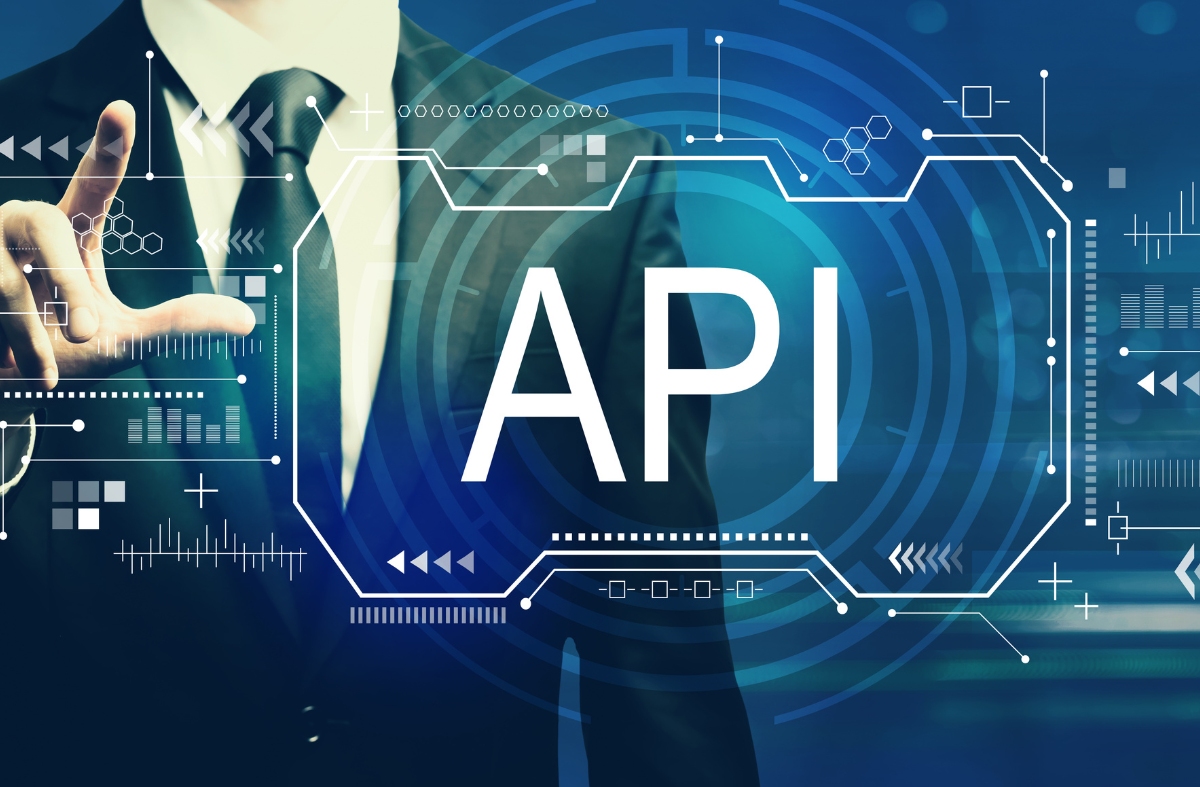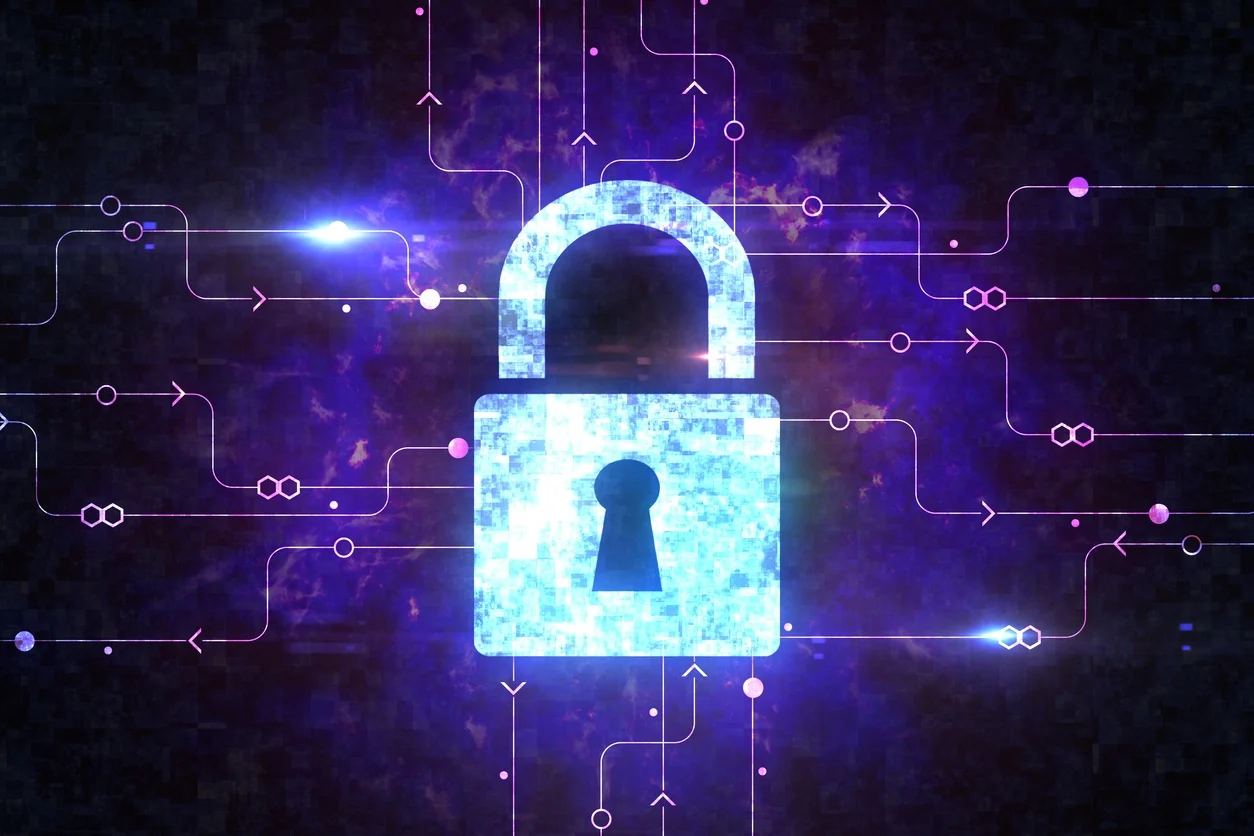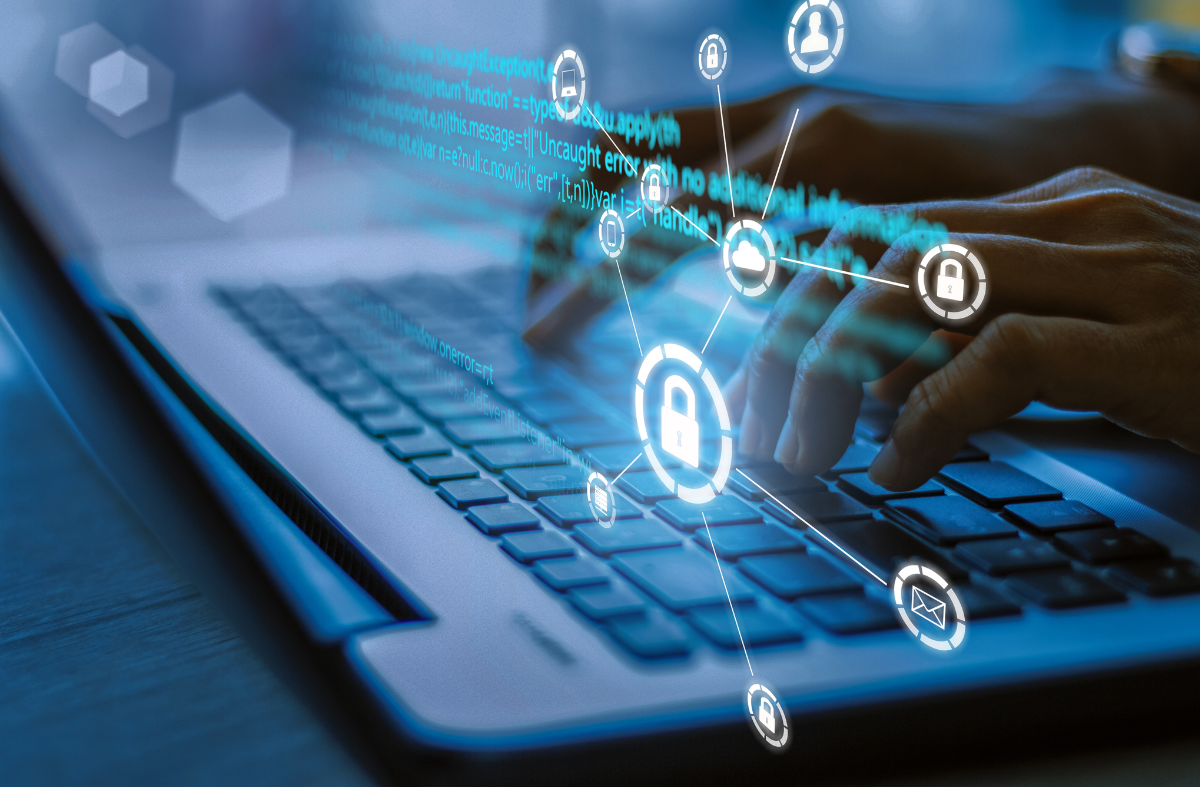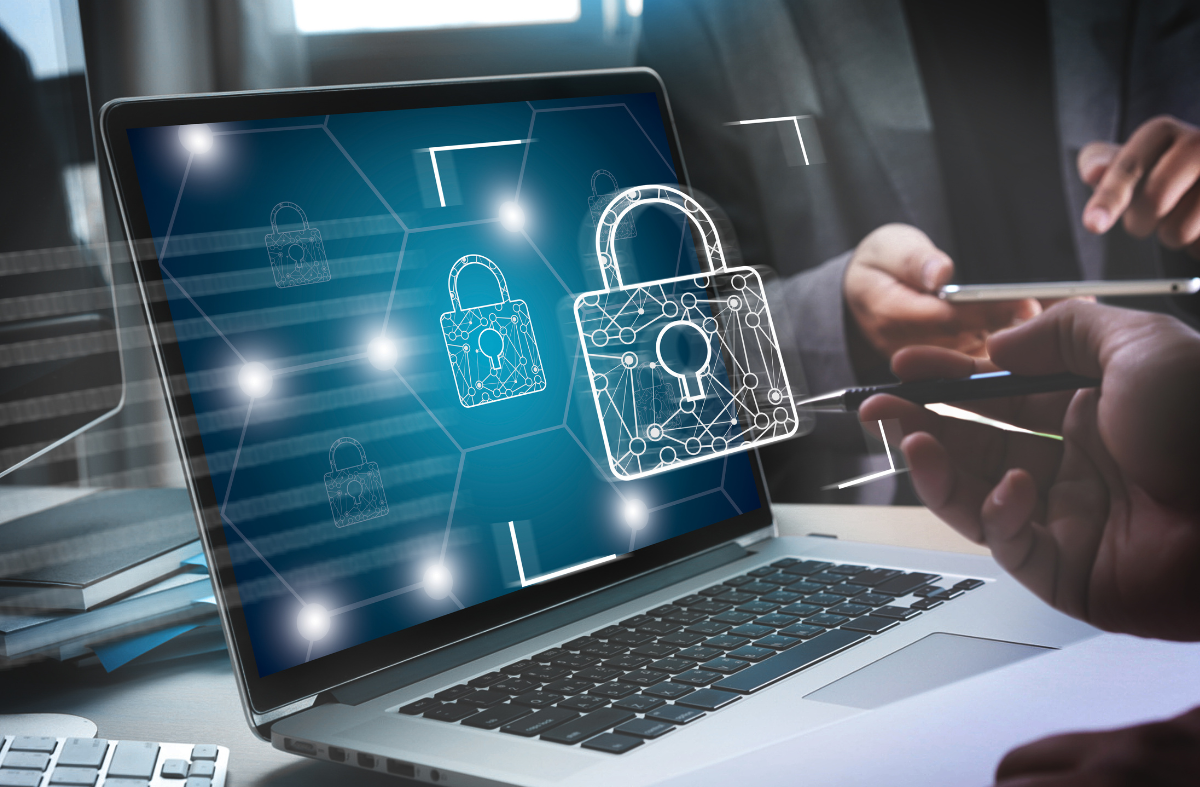“Digitally sign and encrypt your emails with S/MIME Certificate to protect your emails from multiple threats”
Think of how many emails you send a day. Now consider how many emails per day your coworkers send. Would a year work? How many of those emails contain details that might be used against you, your customers, or your clients? Scary, right?
S/Mime(Security/Multipurpose Internet Mail Extensions) based on an asymmetric cryptography technology that allows you to encrypt your emails and protect them from unwanted access.

“SIGNING YOUR EMAILS DIGITALLY”- HOW DOES THIS HAPPEN?
You can sign your emails using S/MIME to establish that you are an authentic company.
Every time you create and sign an email, your private key applies your unique Digital Signature into your message. Your public key is used to validate the signature when your recipient opens your email.
This guarantees to the recipient that the emails were truly sent by you.
In an era where phishing attacks are already so sophisticated and it is getting harder to spot counterfeit emails, signing emails verifies your identity.
WHY SHOULD YOU USE S/MIME?
- Makes the sender trustworthy:
One of the most crucial things in the increasingly digital and intelligent world of today is trust. The easiest approach to show recipients - clients, coworkers, suppliers - that an email can be trusted is to sign it with a digital certificate.
- An insecure business is a risky business:
Someone may intercept the email, read or even change its contents, and then have it delivered to the sender in your name if you send emails without encryption, allowing anyone access to the information contained therein.
Giving hackers access to this personal information is a quick way to reduce trust and put the business at risk.
- S/Mime helps in reducing compliance risks and associated fines:
Many businesses need to adhere to rules and regulations which are designed to protect the personal information of consumers. Failure to comply with the necessary regulations could result in substantial fines.
- Protects Confidential Information:
S/Mime safeguards your email, safeguarding private data like credit card numbers, bank account numbers, and so forth.
It stops unauthorised parties from interfering with your email and mail servers and intercepting private information.
WHY DOES YOUR BUSINESS NEED S/MIME?
- Establishes Integrity
- Upholds Privacy
- Preserves data that is sensitive to the company
- Mitigates phishing and other email attacks.
- Increases trust between employees.
- Guarantees a smooth functioning of the company.
WHAT SERVICES DOES S/MIME OFFER
- S/Mime Digital Signatures:
The S/MIME service that is most frequently utilised is digital signatures. As the name implies, digital signatures are the equivalent of a traditional, legal signature on a paper document in the digital world.
- S/Mime Encryption:
Information can be modified using encryption so that it can't be read or understood until it is changed back into a form that can. Two distinct security functions are provided by message encryption:
- Data Integrity:
S/MIME can work simultaneously with the technologies in the following list, but is not dependent on them:
Transport Layer Security (TLS) which replaces Secure Sockets Layer (SSL)
KEY FEATURES OF S/MIME
- Enables end-to-end email encryption when using a certificate that has been approved by the organisation
- Supported by Apple Mail, Microsoft Outlook, and other well-known email applications
- The accelerated validation procedure makes it possible to digitally sign Microsoft Office files, such as docx, pptx, and xlsx.
- Authentication based on certificates is effective.
- 30 day money back guarantee
- Use on an unlimited number of devices
- 24/7 installation support
QUERY
frequently asked questions
- Internet Explorer and Firefox ESR (version 68.x or earlier) are the recommended browsers for initiating an email Certificate Request.
- In order to request an email Certificate, the browser must support a key generation mechanism which is supported by the server. Currently, Chrome and Edge browsers do not support this function, and therefore, unable to initiate an email Certificate request.
Email Certificates are Personal Certificates, which can only be collected using a link sent through a Certificate Collection email. The certificate must be collected using the same system and with the same browser which was used to initiate the Certificate Request. Refer to article "How to Collect a Personal Authentication Certificate " for step by step instructions.
- After successfully collecting your email certificate, it will then be available in a keystore used by the browser. Users can then export the certificate from the browser into a PKCS#12 ( PFX/P12 ) format, which is going to contain the Certificate and its corresponding Private Key. Refer to article "Email and Authentication Certificate Support" for a step by step guide using recommended browsers,
- A Private Key for email Certificates is generated on the client browser at the time the Certificate is requested and remains within the users' system. Users can create a backup of the Private Key along with the Certificate into a PKCS#12 format after collecting the email Certificate. Refer to article "Email and Authentication Certificate Support" for a step by step guide using recommended browsers,
The Public Key of an email Certificate can be exported from the browser used to collect the certificate. Exporting a certificate without the Private Key will only allow you to export the Public Key.
Refer to article "How to export the Public Key from an email Certificate" for step by step instructions.
- A digital signature attached to an email message offers another layer of security and provides additional assurance to the recipient, that you—not an impostor—signed the contents of the email message. Your digital signature, which includes your certificate and public key, originates from your digital ID. That digital ID serves as your unique digital mark and signals the recipient that the content hasn't been altered in transit.
- An email is encrypted by using the "Public Key" of the sender, so only the recipient who owns the corresponding "Private Key" can read the encrypted email.
- Yes, an email can only be encrypted using the 'Public Key' of the recipient.
- As the sender requires the 'Public Key' of the recipient for sending encrypted emails, the sender must share their 'Public key' to their recipient. You can accomplish this by sending them a 'Signed' email. In an Exchange Server environment, users can publish their 'Public Key' into GAL [ Publish to GAL ], so that users from the same organization can fetch the Public Key of their recipient from GAL.
- Yes, an email Certificate can be ported to your personal mobile devices, such as; mobile phones, laptops, tablets, etc. You will have to export your Certificate into a PKCS#12 format and then import the PKCS#12 file to the personal device. You will then be able to configure S/MIME on your mobile devices.
- Using S/MIME certificates, PKI encrypts messages in transit while binding the verified identity of the sender to the email itself. In an unsecured mail, there is no way to find out if the sender of the mail is the author as well.
- Using S/Mime, one can secure their mail and find out if the sender is the author: An unsecured mail provides no guarantee that it will received by the intended party, the chances of it being received by an unintended party are very high and this can be a big disadvantage for a business.
- S/Mime prevents tampering of emails:A plaintext email can be viewed by everyone and hence S/Mime helps in keeping the information and contents of the mail private.
- S/MIME is based on asymmetric cryptography that uses a pair of mathematically related keys to operate – a public key and a private key.
- It is computationally infeasible to figure out the private key based on the public key. Emails are encrypted with the recipient’s public key. The email can only be decrypted with the corresponding private key, which is supposed to be in sole possession of the recipient.
- Unless the private key is compromised, you can be confident that only your intended recipient will be able to access the sensitive data in your emails.



